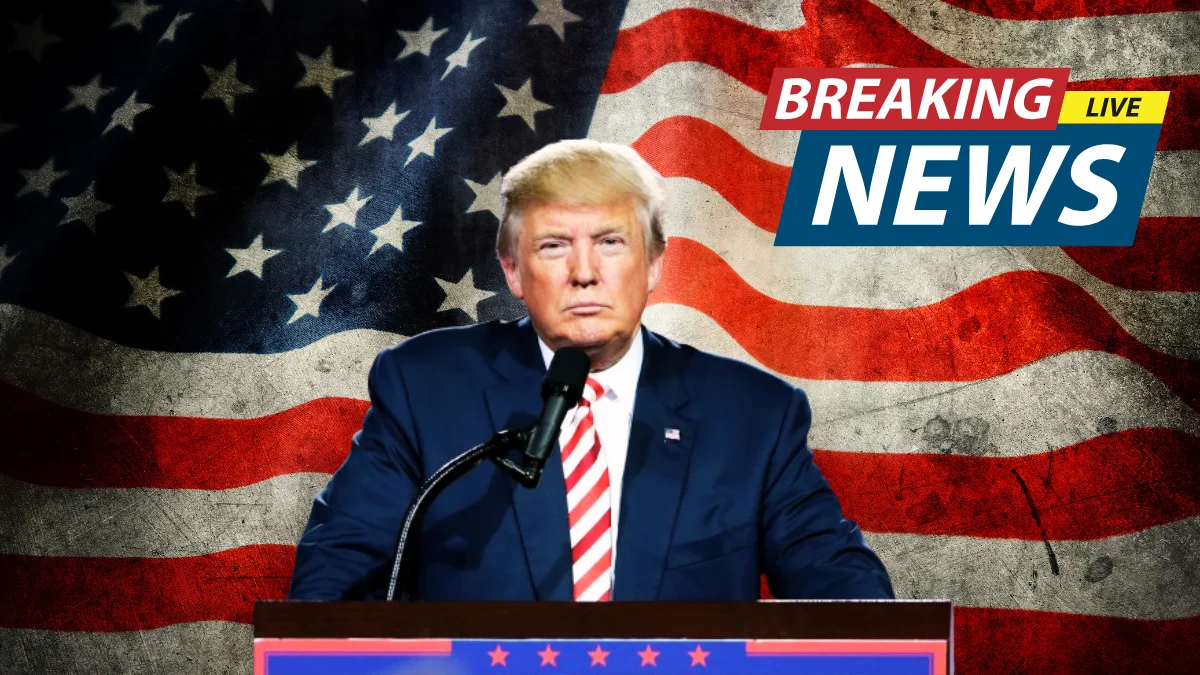Trump’s MAGA followers and Musk recently got into a heated debate about the H-1B visa program, which permits American businesses to employ foreign workers.
During the ongoing H-1B controversy, a new survey in the USA revealed that out of 6 Americans believe that the US have enough workers to be trained and higher for a white collar job. US don’t need more H-1B workers.
While notable figures like Elon Musk and Vivek Ramaswamy are advocating for H-1B extension and MAGA veterans like Steve Bannon, Niki Haley, and Laura Loomer are opposing it.
What is an H1 B visa ?
The H-1B visa is a non immigrant visa that allows us companies to employ foreign workers in speciality occupations that require technical expertise. These companies depend on H-1B visas to hire employees each year from countries like India and China. The company demands for more H-1B visas to attract high skilled workers to the USA.
The H-1B visa program is vital for the U.S. economy, helping companies like Google, Tesla, and Microsoft access skilled global talent. These immigrants contribute to technological advancements.
What the Latest Poll Reveals About H1 B Visa Sentiment

Poll States that 26 percent of Americans were in favor of hiring H-1B workers for higher skilled jobs. While 60% of Americans think that America has enough skilled workers to do such kinds of jobs.
The majority of Americans, according to Rasmussen Reports poll conducted in November, oppose such policies and prefer domestic solutions to labor shortages. In contrast to their views, Musk has called for expanding the H-1B visa program to meet worker shortages.
Impact of H1 B visa and workers on industry
Amazon, Google, and Meta were among the large firms that acquired hundreds of H-1B visas in 2024. According to reports, the initiative helped Musk’s electric car firm, Tesla, hire hundreds of workers in the United States. H-1B visas play a key role to fulfill the requirement of skilled workers in companies like Amazon, Google and meta. That’s the reason Elon Musk and Vivek Ramaswamy are advocating for H-1B extension.
Conclusion
The H1 B visa program remains a focal point of economic and political debate in the United States. While advocates like Elon Musk and Vivek Ramaswamy emphasize the importance of H-1B workers in filling critical skill gaps, driving innovation, and boosting industries like technology, many Americans remain skeptical.
The recent poll reveals that 60% believe the U.S. has enough domestic talent and does not need additional H-1B workers. Addressing these concerns through improved education and workforce training could create a balanced approach, ensuring the H-1B visa program continues to support economic growth while prioritizing domestic labor opportunities.
FAQs
What is the H1 B visa program?
The H-1B visa is a non-immigrant visa allowing U.S. companies to employ foreign workers in specialized occupations that require technical or academic expertise. Common fields include IT, engineering, and healthcare.
Why is the H1 B visa program controversial?
The program is debated due to its perceived impact on domestic workers. Critics argue it displaces U.S. workers and suppresses wages, while proponents highlight its importance for filling skill gaps and driving innovation.
Which countries send the most H1 B workers to the U.S.?
The majority of H-1B workers come from India and China, contributing significantly to technology and other specialized industries.
What did the new poll reveal about Americans’ views on H1 B visas?
According to the poll, 60% of Americans believe the U.S. has sufficient skilled workers to fill white-collar jobs and does not need more H-1B visa workers. Only 26% support hiring foreign workers for such roles.
Which industries benefit most from the H-1B visa program?
Industries like technology, healthcare, engineering, and academia rely heavily on H-1B visas to fill specialized roles. Companies such as Google, Tesla, and Amazon are major beneficiaries.
Why are figures like Elon Musk and Vivek Ramaswamy advocating for H-1B extensions?
They argue that H-1B workers are crucial for addressing skill shortages, driving innovation, and maintaining U.S. global competitiveness.
